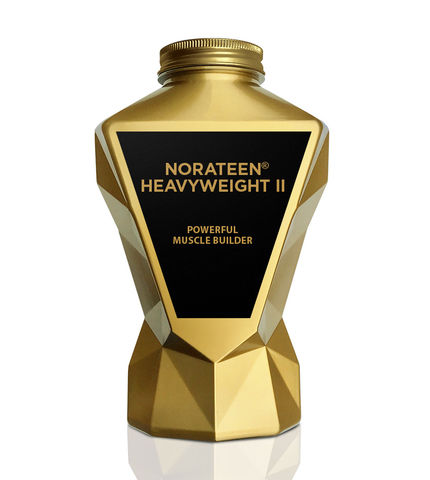The Knowledge > Better Health >
Sunday, 16th May 2010
Is Caffeine good for you?
The truth behing caffeine and whether you should take it
By LA Muscle on 16.05.2010 05:06 pm
Caffeine – Friend or foe?
In today’s world there seems to be two distinct types of people: Those who live their life with their trusted friend caffeine by their side and those who avoid caffeine like the plague. What’s the truth? Is caffeine good for you or something to be avoided? In this article, you will learn the truth about caffeine and whether it can help or hinder your daily activities.
Research on caffeine

There is a lot of research on caffeine. The problem is, who has done the research? Are the articles about the positive effects of caffeine sponsored by coffee manufacturers and caffeine supplements producers or are they genuinely unbiased?
Every day you hear about how great caffeine is for this and that and how it can totally change your life. At the same time you also hear about health complications derived as a result of excess caffeine consumption. What’s the truth?
Caffeine is good for you because…
Caffeine has the amazing ability to literally “wake you up”. Millions of people wake up and grab their tea or coffee fix in the morning, without which they would take a lot longer to get going. Caffeine kick-starts your systems. Caffeine has also been shown in scientific studies to boost memory, perception and keep you alert and awake.
Recent studies claim that coffee drinkers can live longer and have more productive lives. There is some evidence to show coffee can help type II diabetes and some cancers.
Caffeine is bad for you because…
For many people, their caffeine fix is like a drug to a junkie. They are addicted to it and they don’t even know it. Caffeine can play havoc with your body’s energy and hormone systems and can mean a daily roller-coaster ride for your body. One minute you are down, the next minute you have a coffee and you are full of energy, then you go down again and so on. Caffeine has been shown to cause anxiety, mood swings, insomnia and palpitations. Caffeine can interfere with your adrenals and their hormone production.
What is the answer? Is caffeine good for you or bad for you?
The real answer is inside your head. Sounds strange? Let’s expand on this… Like most things, some people can tolerate, even benefit from caffeine and to others, it is pure poison. The answer is an individual answer based on you.
Many cultures live on tea and coffee and people from those cultures have no problems with daily caffeine fixes. Persians and Arabs live by tea. Italians, Spaniards and Portuguese love their coffee. Others cultures or people are not used to caffeine and whether it is genetics or habits, caffeine causes them a lot of problems.
Look at your own life and the effects of caffeine and see if it is benefiting you in a positive or negative way. Ask yourself these questions:
Can you live without caffeine? Would your life be better or worse? What ailments do you suffer from? Could they be related to caffeine? Examples are insomnia, allergies, anxiety and headaches. Does caffeine help you in your daily life? In many people, it does. Caffeine makes many people feel “instantly happy”, it can boost brain power, it can help dieters and it can aid certain health conditions such as constipation. What happens when you stop or reduce caffeine intake? What happens when you started drinking tea/coffee or ingestion caffeine (if you were not a user before)?
So you see, caffeine is not one of those things one could say a definite yes or no to.
Caffeine can be a definite cause of certain health problems. If you suffer from allergies, anxiety or insomnia, reduce your caffeine intake.
Caffeine can be a great boost to dieters for their fat loss needs. In this case, it is best to take a caffeine derivative or a version which is gentler on the body. LA Muscle’s fat burners contain effective and gentle caffeine derivatives.
Moderate daily caffeine intake is unlikely to harm the majority of the population. It is always best to take your caffeine earlier in the day, especially if you are prone to sleeplessness.
With the growth of coffee shops and caffeine drinks, this is one phenomena which is not going away and getting bigger. For your own health, you need to monitor your daily caffeine intake and balance it out with the way you feel – every day. Read the labels on products and ensure you monitor your caffeine intake. If you suspect caffeine could be causing you problems, try reducing and removing it from your diet and see what happens. If you love your tea and coffee and feel that it helps you, don’t stop! Enjoy but in moderation.




























